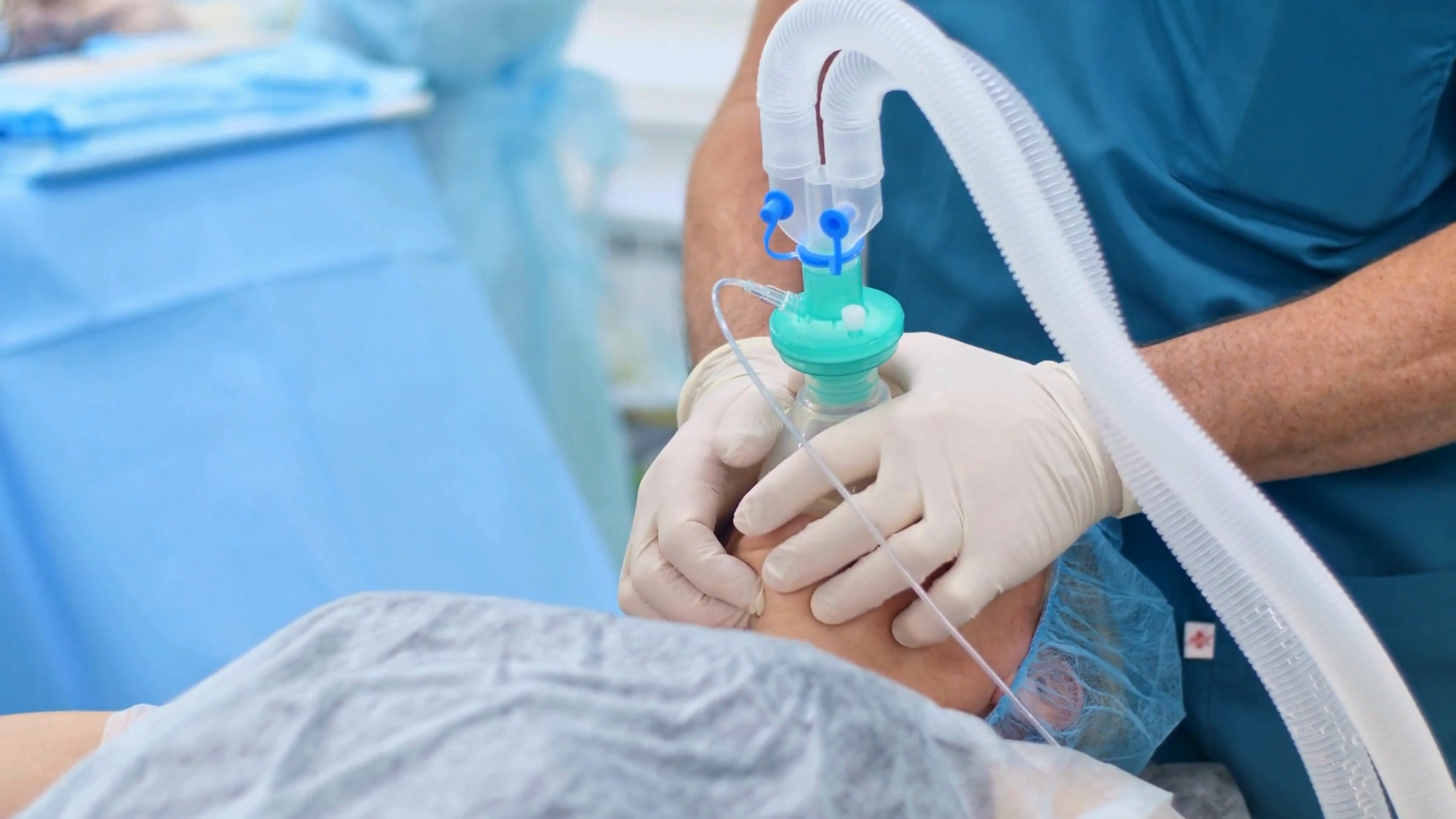Sustainable Models of Care
2026/01/21
Cutting down on high pollutant anaesthetic gases used in surgeries
Reducing the use of desflurane
Desflurane, an anaesthetic gas used in surgeries, has a global warming potential of around 2,530 times higher than carbon dioxide.
In 2021, we started reducing our desflurane use by placing reminders on vapourisers that deliver the gas and raising awareness among anaesthetists about its environmental impact.
By 2023, we successfully cut desflurane usage by 98%, equivalent to taking over 400 cars off the road annually, by transitioning to less pollutive anaesthetic alternatives.
Shutting down nitrous oxide pipeline systems
Nitrous oxide (or laughing gas), another potent greenhouse gas used in surgeries, carries a global warming potential 298 times that of carbon dioxide.
In 2023, it comprised 75% of our total anaesthetic gas footprint. We discovered that leakages from central pipelines, rather than actual operating theatre use, drove this high consumption. We switched from delivering nitrous oxide through central pipelines to small, portable gas cylinders, significantly reducing the risk of leakage.
This change achieved a 96% reduction in monthly nitrous oxide consumption, equivalent to saving over 300,000kg of carbon dioxide annually, or the carbon offsetting by 12,000 trees.
Prescribing only what’s truly needed
Deprescribing and optimising medications
In 2022, nearly 17% of our carbon footprint came from medications.
To reduce overall pharmaceutical usage, we piloted a project in 2023 that educated our care team on prescribing the right medication at the right dose and discouraged unnecessary prescriptions in the Department of Medicine wards. This significantly reduced the number of chronic medications prescribed to patients at discharge.
We expanded this initiative in October 2024 to include end-of-life cancer patients. In six months, we deprescribed an average of three classes of oral medications per patient, including lipid-lowering medications, vitamins/minerals/supplements, and anti-ulcer medications.
This reduces unnecessary treatment burden and refocuses care on patients’ dignity, wishes, and comfort.
Reducing the carbon footprint of inhalers
Metered-dose inhalers (MDIs), commonly prescribed for asthma and other respiratory conditions, have a significant carbon footprint.
To address this, we launched a pilot project in 2023 within the Emergency Medicine Department to:
- Educate clinicians on promoting dry powder inhalers (DPIs), which have a lower environmental impact, where appropriate
- Inform patients about the environmental impact of MDIs and guide them on the effective use of DPIs
This initiative achieved a 38% reduction in the average monthly global warming potential from MDIs, equivalent to the carbon offset by 124 trees in a year.
In 2025, we observed a continued reduction in MDI use. We will further decrease MDI prescriptions and simultaneously increase the adoption of greener alternatives across the hospital.
Delivering inhaled medication sustainably
For intubated patients, pressurised metered-dose inhalers (pMDIs) are among commonly prescribed inhaler types. However, they contain propellants that are potent greenhouse gases, contributing to a high carbon footprint.
To address this, our respiratory therapists:
- Reduced pMDI prescriptions
- Switched to nebulisers that operate without propellants, avoiding propellant-related greenhouse gas emissions and reducing plastic waste through fewer disposable parts
Following this, our Nursing department adopted the initiative after finding nebulisers more effective and practical in delivering inhaled medication.
We have since expanded its application to non-intubated patients receiving non-invasive ventilation or high-flow oxygen therapy.
Reducing antibiotic prescriptions after wisdom tooth surgery
To prevent unnecessary antibiotic use following wisdom tooth removal and minimise negative environmental impact, we implemented a targeted approach:
- Devise new prescription guidelines to help dentists determine when antibiotics are truly necessary
- Create easy-to-understand patient education posters appropriate antibiotic use
- Set up a compliance tracking system to ensure adherence to best practices
This initiative reduced antibiotic prescription rates by nearly 70%, eliminating 14,700 kg of CO₂ emissions from decreased pharmaceutical production, equivalent to taking three cars off the road for a year.
Building on this success, we have adopted this approach for other oral surgical procedures and rolled out similar practices in the dental clinics across NUHS cluster. The learnings are also shared with the broader dental community.






















